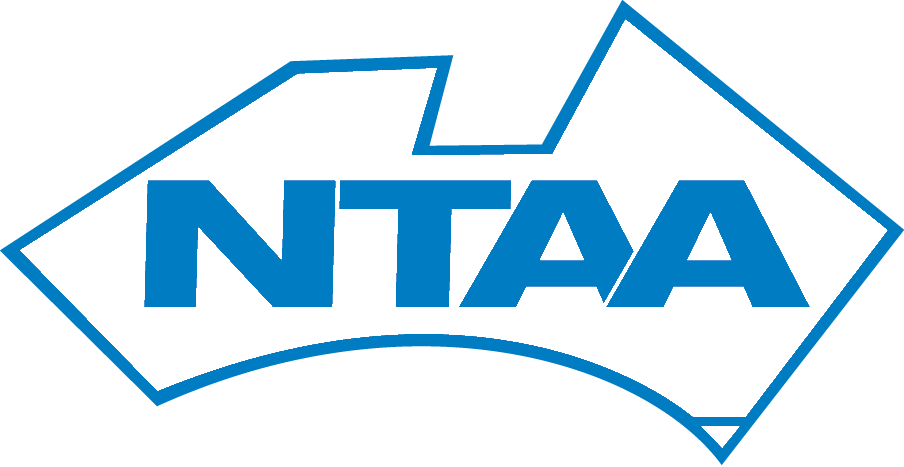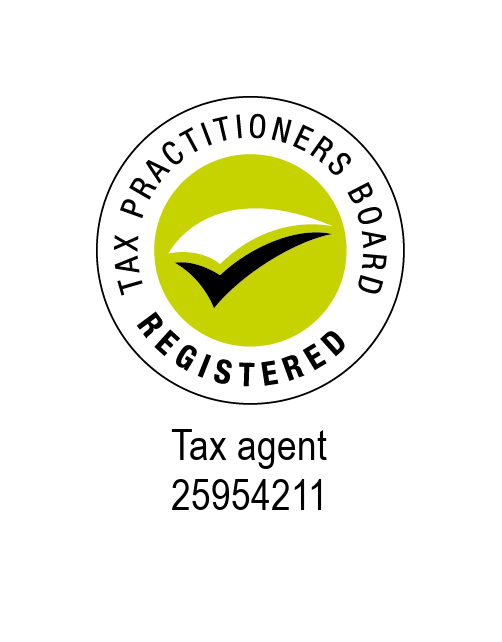As seen in Woopi News August 2024
Scammers often pretend to be from trusted organisations such as the ATO and will try to trick you into paying money or giving out your personal information. In the digital world that we now live in people need to be aware of the warning signs of phone, email and SMS scams.
Phone Scams
- Making threats of arrest and demanding payment over the phone
- Sending pre-recorded messages or leaving messages asking you to call back
- Showing ATO or Australian phone numbers in the caller ID
- Telling you that your tax file number (TFN) has been cancelled
The ATO will never threaten you with arrest, demand you to stay on the line until payment is made, send pre-recorded messages, or cancel TFN’s. Calls from the ATO do not show a number and will always show as No Caller ID.
Email and SMS Scams
- Asking you to provide your personal identity and financial institution details to receive a refund
- Requesting that you click on a link, log on to an online service, or download forms or attachments
Be very careful when downloading any attachments or clicking links, even if the message appears to be legitimate or from someone your know. The ATO may use SMS or email to contact you but will never ask you to return your personal information or to click a link to log in to the ATO’s online services this way.
Social Media Scams
Scammers are creating fake social media accounts and will send requests asking for your personal information or payments. The ATO does have social media accounts but will never use these platforms to ask for your personal information. Ways to tell if it is not a genuine account are if there are very few followers, poor grammar is used and if there is no blue verification tick next to the name.
If you are not sure if it is the ATO trying to contact you, do not reply, instead phone 1800 008 540 to verify or report it. Your accountant can also see most ATO correspondence and should be able to assist you in identifying if it’s a scam.
Stasha Dunn - StaySharp Accounting
“Liability Limited by a scheme approved under Professional Standards Legislation”









